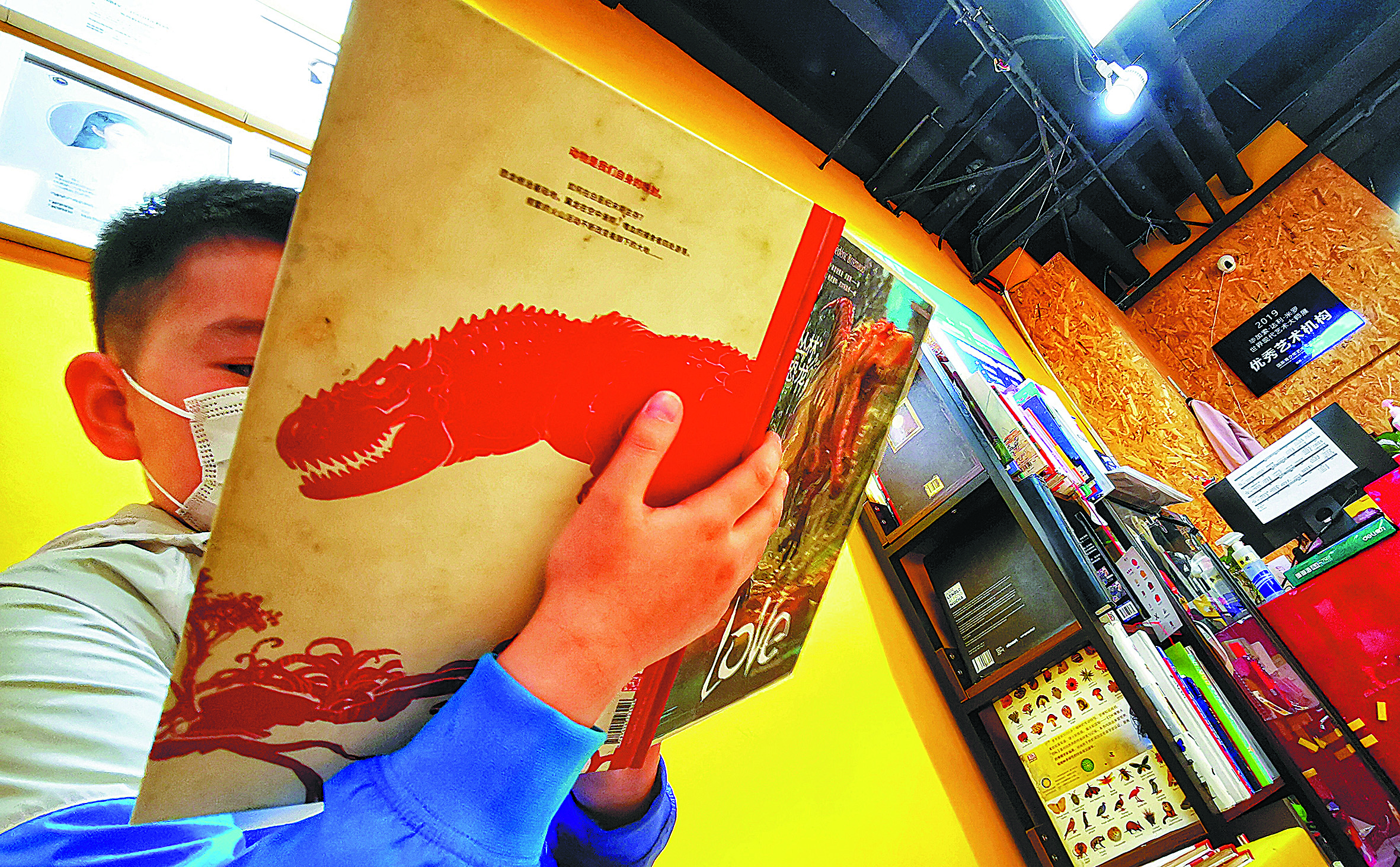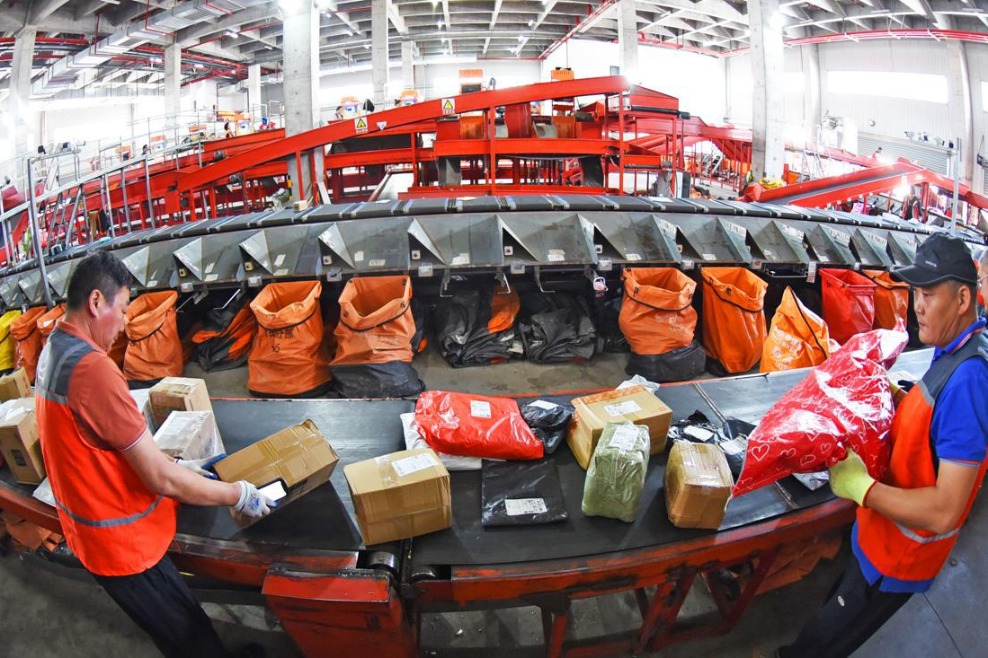Action taken to ease burden on students
Guideline aims to reduce homework, after-school tutoring pressure


A student's success should be judged on more than just a well-paid job and enrollment at a leading university, she said.
Instead of focusing solely on their children's academic achievements, parents should spend more time learning about their offsprings' psychological well-being and interests, she added.
Tian Bingbing, principal of Chunhui Primary School in Hangzhou, said teachers at the school would hold one-on-one talks with parents who have become overanxious about their children's grades and have signed them up for too many tutoring courses.
There is no need for children to take several courses in the same subject, or for them to take courses they have little interest in, Tian said.
When students' weekends are occupied with such courses and they do not get enough sleep, they tend to rest during school classes, she said.
Tian said she hopes the new guideline can be implemented for the long term and can reduce students' academic workload.
Although some parents may still have doubts about the guideline, schools should lead the way in strictly implementing it by reducing the amount and difficulty of homework and tests, she said.
Schools should strictly abide by the national syllabus and not make courses and tests too difficult for students, she added.
Tian said her school has organized a day-care service for students during the summer vacation. The service includes homework tutoring and activities such as reading, sports, interest groups and clubs. Since 2018, the school has also provided students with after-school programs on weekdays to help parents unable to pick up their children immediately after classes, she said.
Cui Shifeng, principal of Hefei Hupo Mingcheng Primary School in Anhui province, said it also launched after-school programs in 2018.
The programs include a free daycare service, affordable interest development courses provided by third-party organizations, and courses organized by outside professionals and volunteers to promote student awareness in subjects such as psychological health and environmental protection, he said.
"Shortsightedness and the desire for quick success and to follow in the footsteps of others are the main reasons for the excessive academic burden placed on primary and middle school students. Parents need to realize that life is a marathon, not a sprint," Cui said.
Learning knowledge that is too difficult for them at an early age is not helpful for children's long-term development, and too much academic training may lead to lost interest in learning, he said.
Even if children achieve academic scores that qualify them for the best universities in the country, without physical, mental and social skills, they might fail to live up to expectations, Cui added.
He said schools should shoulder the main responsibility for students' education and improve the quality of lessons so that they do not feel the need to take tutoring courses.
Moreover, the evaluation standards for students taking high school and university entrance exams should be reformed to prevent high scores being achieved simply by rote memory and repeated exercises, Cui said.
Rather than focusing solely on academic subjects, these standards should reflect students' overall moral, intellectual, physical and aesthetic grounding, he added.























